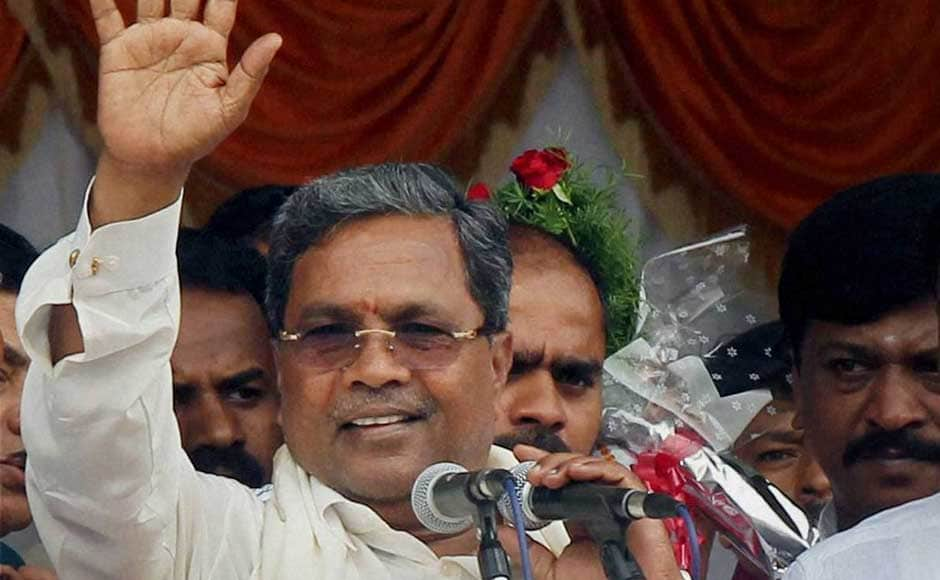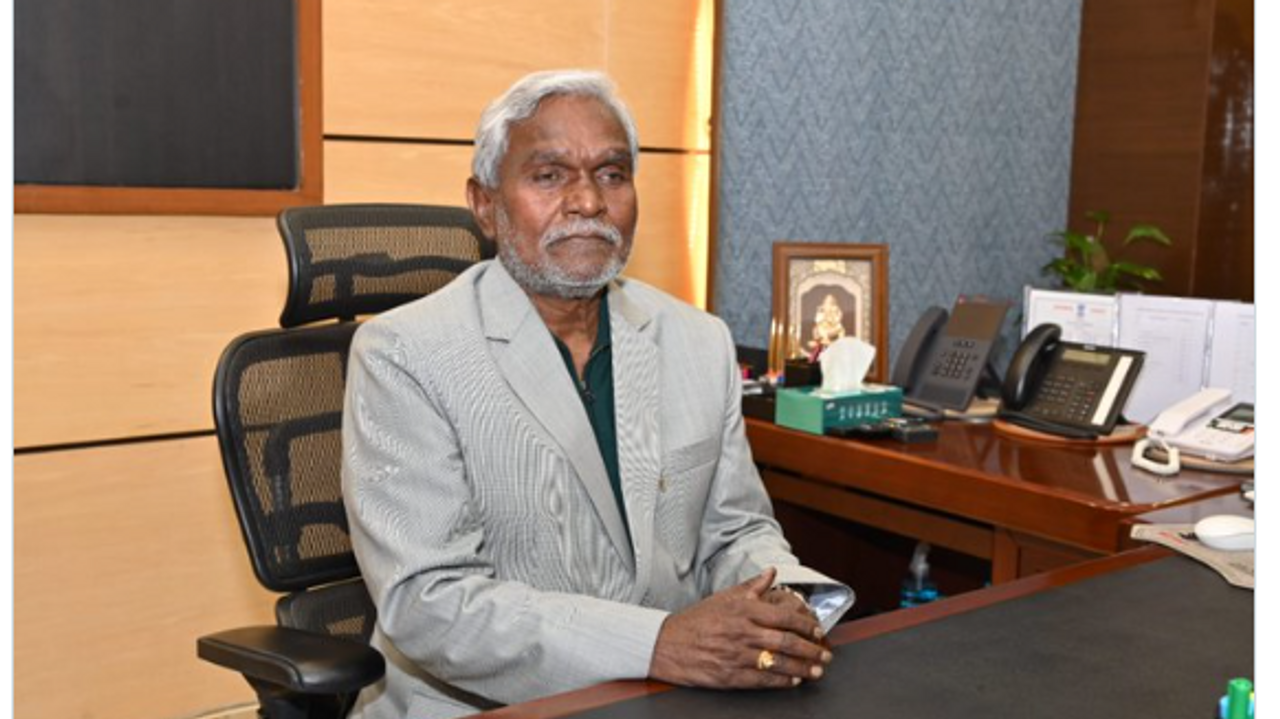KCR vs Revanth Reddy: What’s Brewing in Telangana Politics Now?
The political landscape of Telangana has entered a decisive phase. With the recent power shift that saw A. Revanth Reddy of the Indian National Congress take over as Chief Minister, a new chapter has begun in the state’s political narrative. His rise has sparked fresh debates, challenges, and confrontations with the former CM and BRS leader, K. Chandrashekar Rao (KCR). What follows is not just a contest of personalities, but a deep-rooted clash of visions for Telangana’s future.
Revanth Reddy’s Rise and Governance Style
Revanth Reddy’s elevation to the state’s top office was a culmination of years of political hustle, mass connect, and an aggressive approach towards opposition politics. Since taking charge, his focus has been clear—project himself as the leader of the people, promising transparency, accountability, and practical governance.
His government has prioritized welfare-driven policies, particularly for women and farmers. Schemes supporting Self-Help Groups (SHGs) have received renewed attention, with a promise to reach one crore women by 2028. Emphasis has also been placed on renewable energy projects to meet Telangana’s growing power needs, and irrigation infrastructure has received a push through renewed attention to the Thummidihatti barrage.
What’s gaining him attention is his attempt to decentralize development—pushing for better healthcare in rural areas, streamlining recruitment exams, and investing in long-ignored districts. Unlike his predecessor’s centralised governance style, Revanth’s model appears more people-facing, with regular press briefings, district visits, and feedback mechanisms.
KCR: From Power to Opposition Spotlight
After ruling Telangana since its formation in 2014, KCR’s fall from power came as a political shock. However, his role in Telangana’s statehood remains a badge of honour for many, and he’s now recalibrating his role from that of a leader to a critic and strategist. As the leader of the opposition, KCR is not staying silent. His public speeches remain sharp, and his party has been active in raising questions about the Congress government’s financial management and policy direction.
One of the biggest political flashpoints has been the inquiry into the Kaleshwaram Lift Irrigation Scheme—a flagship project of the KCR era. Revanth’s administration has questioned the project’s costs and alleged irregularities, triggering a strong response from KCR and his party. The former CM accuses the Congress government of running a political vendetta under the guise of accountability.
Tensions within BRS and Rebuilding Strategy
KCR also faces challenges from within. The party, once viewed as unbeatable, now seems to be in introspection mode. A notable instance was his daughter K. Kavitha’s unexpected criticism of his public speech at the party’s silver jubilee celebrations. Her call for a more inclusive and modernised approach to connect with voters—especially the youth and women—was seen as a reflection of internal unrest.
The defeat has forced BRS to reassess its strategy, messaging, and leadership approach. KCR’s image of a larger-than-life patriarchal leader, while powerful during the Telangana movement, is now being tested in a digital-first, more youthful political landscape. Whether the party can reinvent itself and regain lost ground remains to be seen.
Public Sentiment: Divided Yet Engaged
On the streets of Telangana, the battle between Revanth and KCR is sparking both curiosity and division. Rural voters, especially women and farmers, are keenly observing whether the Congress government will deliver on promises related to subsidies, employment, and welfare schemes. Many middle-class voters, who were beginning to feel disconnected from KCR’s style of leadership, are cautiously hopeful about Revanth’s more visible, grassroots engagement.
However, the BRS still enjoys strong pockets of support, particularly in districts where large-scale projects like Mission Bhagiratha and Kaleshwaram had direct impact. KCR loyalists often speak of him with reverence for his role in building a separate Telangana and developing its infrastructure. For them, the electoral loss doesn’t take away his legacy.
On the other hand, Revanth’s supporters see him as a leader willing to challenge entrenched power structures, someone who speaks the language of the people and isn’t afraid to take bold steps, including ordering reviews of large public projects.
The Role of Social Media and Youth
A key difference between the two leaders lies in their communication style. Revanth Reddy has leveraged social media more actively, connecting with the youth and the urban population with regular updates, videos, and engagement campaigns. His digital outreach seems tailored to attract first-time voters and educated middle-class citizens.
KCR, in contrast, still relies heavily on traditional media and mass mobilisation through rallies. While his oratory and charisma remain powerful, the lack of digital agility is now seen as a gap in an age where public opinion is increasingly shaped online.
Political Chessboard: National Implications
The political tussle in Telangana is not just a regional affair. With Lok Sabha elections approaching, both the Congress and BRS are eyeing a national role. Revanth’s success will be critical for the Congress party’s southern narrative, while KCR may be aiming to reassert his position as a pan-India leader through the Bharat Rashtra Samithi framework.
In this larger context, every policy, statement, and public reaction is being closely watched by national parties, political analysts, and media. Telangana, once seen as a political outlier due to the BRS’s dominance, is now firmly back in the spotlight as a battleground of ideologies.
What Lies Ahead
For Revanth Reddy, the challenge is to maintain momentum and deliver on promises without slipping into reactive politics. His tenure is being watched for effectiveness, especially in the areas of job creation, corruption control, and farmer welfare.
For KCR, it’s a test of political longevity—can he adapt, reinvent, and reclaim space in an era of fast-changing voter expectations?
The months ahead will be crucial. As Telangana’s new political script unfolds, voters are more engaged than ever, questioning, comparing, and demanding accountability from both sides.
The KCR vs Revanth Reddy rivalry is not just about two politicians—it represents two approaches to leadership, governance, and political communication. Telangana politics, once predictable, is now alive with uncertainty, energy, and fierce debates. As the people of the state wait to see who delivers real change, one thing is clear—the political brew in Telangana is getting stronger, hotter, and harder to ignore.




